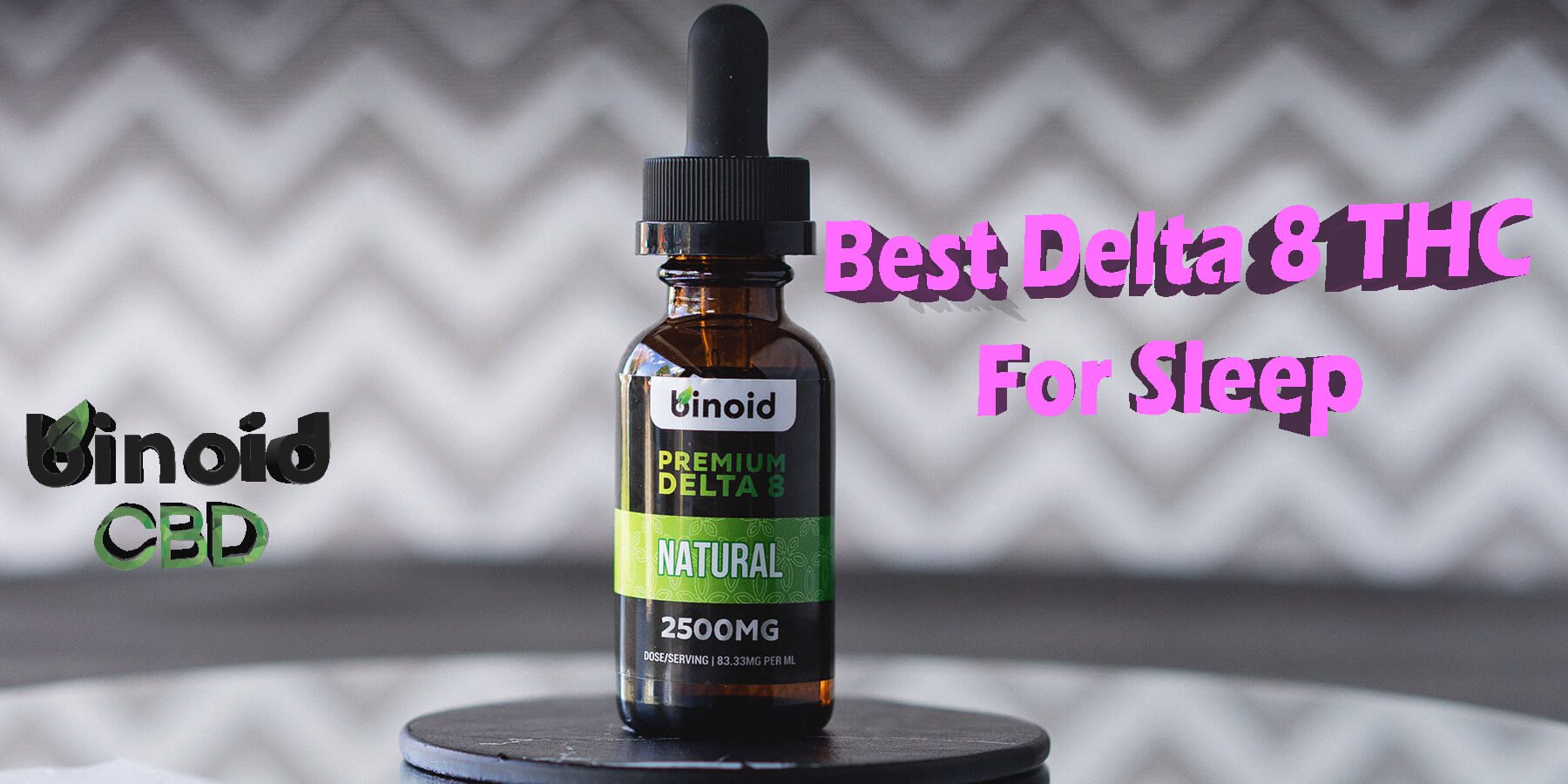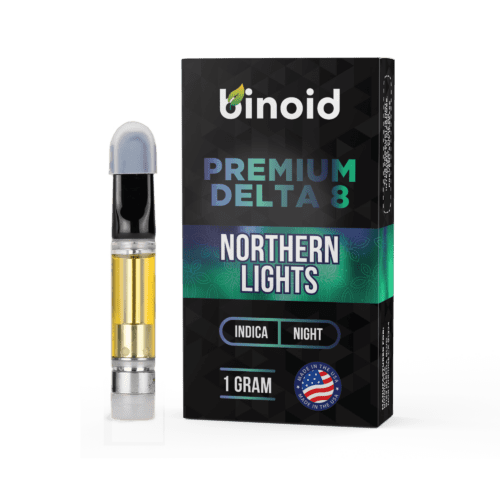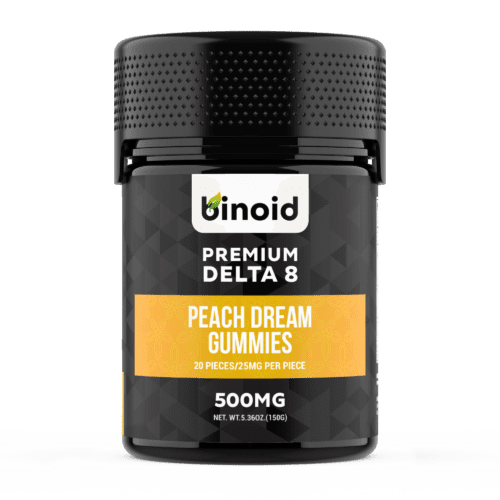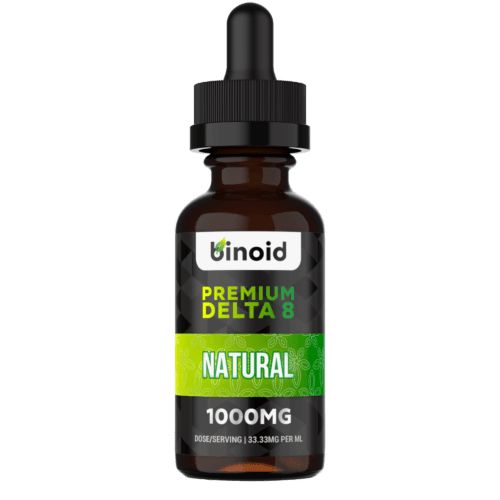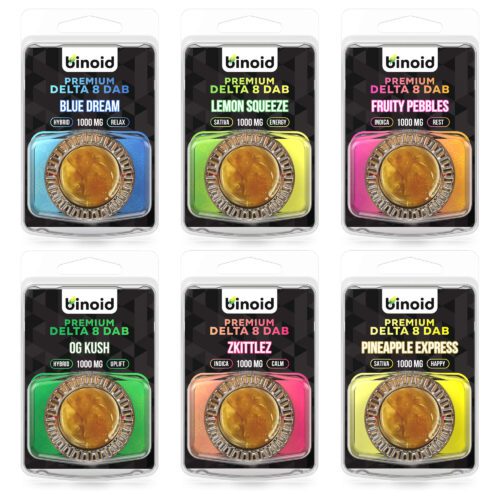The more delta 8 THC is being touted as the next big thing in the hemp industry, the more people are discovering that it can actually offer a number of useful purposes, much like CBD (cannabidiol). Delta 8 THC and Delta 8 THC Products are still too new to the scene to have been extensively studied like CBD, delta 9, and other cannabinoids with which we are more familiar, but even the little studies that we have look promising when it comes to the effects that this cannabinoid can offer.
A lot of people have turned to the hemp plant for relief from insomnia, as we have learned that the cannabinoids in hemp offer unique regulatory properties that may play a role in balancing our sleep cycle. Delta 8 THC, also being a cannabinoid, may offer distinctive effects on sleep that are unique from other compounds in hemp.
To buy Delta 8 THC For Sleep Click Here
How Does Insomnia Occur and What are Its Effects?
Insomnia is a sleep disorder in which a person fails to get the proper amount of sleep each night. There are two types of insomnia: sleep onset, and sleep maintenance. In the former, the person has a hard time falling asleep. In the latter, the person can fall asleep, but either wakes up periodically throughout the night, or wakes up far earlier than they want to.
Insomnia can be a very frustrating condition due to the fact that it directly causes sleep deprivation. Furthermore, the act of tossing and turning can cause enormous stress, especially when we’re feeling extremely tired.
There are numerous reasons why a person may develop insomnia, and a big part of treating it properly is knowing what the underlying cause is.
- Mood disorders: Anxiety, depression and other mood disorders can interfere with our sleep patterns due to the chemical imbalances that they create. High levels of cortisol present with anxiety, or low levels of serotonin associated with depression, can both throw off our hormonal balance, and the proper balance of hormones is essential to healthy sleep.
- Stress: Can certainly be a precursor to insomnia, and is in fact the most common cause. Our thoughts can certainly keep us up at night, but on a more physiological level, cortisol directly suppresses melatonin, the hormone that is essential to healthy and adequate sleep.
- Nutritional Problems: There are nutritional problems that can interfere with sleep, including vitamin D and magnesium deficiencies, as well as consuming too much sugar, or inflammatory foods such as dairy and gluten.
- Poor Habits: Poor nighttime habits, like working too late, looking at a phone for hours or drinking coffee, can cause poor sleep.
- Pain: Can be an antagonist to sleep, interfering with our ability to relax each night.
- Underlying Illnesses: Some underlying illnesses, including certain thyroid conditions, can lead to insomnia.
- Medications: Some medications may cause insomnia, including some psychiatric drugs and blood pressure medications.
- Substance Abuse: Abuse of substances such as alcohol and cocaine can prevent us from getting enough sleep each night.
- Hormonal Imbalances: Our reproductive hormones influence our sleep cycle, which is why so many women suffer from insomnia in the days leading up to their periods, and during menopause.
Seeking Help for Insomnia: What Treatment Options are Available?
Insomnia can be quite a difficult condition to deal with, but the good news is that there are many treatments available. Treatments depend on the cause behind the issue, as insomnia is usually in fact a symptom of a deeper issue. For instance, if the issue pertains to stress or a mood disorder, seeking out therapy or engaging in meditation may be useful. If caused by a nutritional factor, then changing one’s diet could be highly effective.
If the insomnia is difficult to treat, there are medications available, both over the counter and via prescription. Talk to your doctor about the different options that are available if this is the route that you’d like to follow.
-
Product on sale
 Delta 8 THC Gummies – Peach Dream$30.99
Delta 8 THC Gummies – Peach Dream$30.99$44.99
The Endocannabinoid System and Our Natural Sleep Cycle
There may be another option for insomnia sufferers, and one that’s gentle, holistic and non-habit-forming. Cannabinoids are the dominant compounds of the hemp plant, and they have the unique ability to regulate a wide variety of bodily processes, including sleep. Cannabinoids bind to cannabinoid receptors that make up the endocannabinoid system, and this process allows cannabinoid receptors to balance the way in which individual bodily processes function.
Cannabinoid receptors can balance inflammation in the body, digestive function, mood and, yes, sleep. Specifically, cannabinoid receptors in the CB1 category are in the nervous system and brain, which dictate hormonal balance, sleep patterns and more, while also pertaining to pain, another potential contributing factor to sleep disorders. Many people take CBD for sleep, and now you can understand the scientific reasons why. However, CBD is not the only cannabinoid worth exploring for sleep.
Delta 8 THC & Sleep Insomnia Benefits
Delta 8 THC is a minor cannabinoid in hemp that has recently been isolated, giving us the ability to take it in higher potency levels than the amount that naturally occurs in the hemp plant, which is a mere 0.1%. Because delta 8 is such a new addition to the hemp market, there is not yet a lot of research about its delta 8 effects on sleep insomnia, or its effects in general.
Delta 8 THC is also mildly psychoactive, with a prominent “body high”. This is thanks to the fact that it’s simply degraded delta 9 THC. During the transformation process, it maintains only about 70% of the psychoactive activity of delta 9, and many describe the high it produces as being gentler, and more calming mentally.
While putting the body in a calm and relaxing state. This intoxicating effect may actually be useful to those seeking out sleep, as it subdues certain parts of the brain that can be overactive at nighttime. Interestingly, a study done decades ago found that delta 8 THC may both improve and regulate sleep cycles in cats, giving us reason to believe that this compound in particular may offer unique sleep-enhancing properties.
Remember that delta 8 is a cannabinoid, and so it supports the endocannabinoid system’s role in maintaining healthy sleep. Interestingly, unlike CBD, delta 8 THC binds only to CB1 receptors, while cannabidiol is distributed between CB1 and CB2 receptors, with the latter dealing mainly with inflammation and digestive function. Because delta 8 concentrates on CB1 receptors, which deal directly with the brain and nervous system, delta 8’s effects on sleep could be more intensive than those of cannabidiol.
Best Delta 8 THC Products for Sleep
Now that you understand the potential that delta 8 THC has for sleeping and napping, let’s talk about the best Delta 8 THC products for sleeping in which delta 8 can be purchased, and how each one can deliver its effects to the body.
Delta 8 THC Vapes
Delta 8 vaping products, like vape cartridges and disposables, allow us to experience the effects of the compound in the fastest way. Delta 8 vapes can peak within minutes, and they also offer more potent effects due to the bioavailability of inhalation. The effects can last for an hour or two. Delta8 Vapes usually have 1000mg of Delta 8 per cartridge. Meanwhile Delta 8 disposables have either 500mg or 1000mg in them.
Delta 8 THC Tinctures
Delta 8 tinctures for sleep are taken sublingually, and offer very potent effects, but ones that take 30 to 50 minutes to be felt in the body, which can last for 4 to 6 hours. Delta 8 THC tinctures usually range from 500mg to 5000mg delta 8 THC per bottle.
Delta 8 THC Gummies
Delta 8 gummies and edibles offer the longest-lasting benefits for sleep out of all. A delta 8 edible can last for up to 8-hours in the body, which can be useful for many people who struggle with pain on a daily basis. The effects can take up to a couple of hours to be felt, however, so time your doses accordingly. Delta 8 THC gummies come in two usual dosage strengths, 10mg low dose and 25mg medium to high dose. Be careful, because Delta 8 gummies hit hard and may take 1-2 hours to kick in!
Delta 8 THC Capsules
Delta 8 THC softgel capsules, which come in the form of vegan softgels are effective, as well as an easy and convenient way to take Delta 8 for pain relief. A delta 8 softgel breaks down the same as Delta 8 edibles, with effects lasting from 6-8 hours per use. The benefits of the Delta 8 in each capsule can really help pain compared to other avenues. Delta 8 capsules have 10mg or 25mg of Delta 8 in each capsule usually.
Delta 8 Topicals
Delta 8 topicals are not yet as widely available as other delivery methods, but there’s reason to believe that they can offer distinctive uses pertaining to pain relief. This is because cannabinoids can absorb through the skin to make direct contact with the muscles and joints below, offering a specifically targeted approach to maximizing the effects of the cannabinoid in a localized manner. Delta 8 topicals are not as popular as they should be, or maybe will be but in theory they should work well for body pain.
Delta 8 THC For Sleep Dosage Chart & Guide
For Delta 8 and Sleep Insomnia or napping, you likely need a medium or higher dose on the spectrum. We always suggest starting small and increasing slowly until you feel the relief you need. For most, a medium amount or dose of Delta 8 does the trick to get the sleeping or napping benefits you are looking for. Even still, you may need higher Delta 8 dosing for sleep specific benefits.
- Minor Sleep problems Delta 8 THC dosing (low tolerance): 5mg-15mg per use
- Intermediate Sleep problems Delta 8 THC dosing (medium tolerance): 15mg-35mg per use
- High Sleep problems Delta 8 THC dosing (high tolerance): 35mg-120mg+ per use
This applies to all types of Delta 8 THC products. Delta 8 THC is around 50-70% of the high regular Delta 9 THC will create, but it is not something to mess with. It will hit you if you take too much. However, for sleeping, a stronger dose is likely a better option to get the proper benefits.
What Is Delta 8 THC Good For?
On top of being great for sleep insomnia , users have reported Delta 8 THC giving these effects:
- Relaxed
- Motivated
- Happy
- Uplifted
- Focused
Using Delta 8 THC for Sleep: Helpful Advice to Improve Your Chance of Results
Delta 8 THC comes in all kinds of forms nowadays, like gummies, tinctures, and vapes, and what all of these products have in common is that they can deliver to the body properties that have the potential to play an important role in sleep maintenance. If you want to try using delta 8 for sleep, ask your doctor first, and consider making it a part of your nightly regimen.
Also, be mindful of when you take your dose of delta 8 THC to ensure that its effects occur when you’re going to bed. For maximum results, take delta 8 on a nightly basis, as consistent intake helps support the endocannabinoid system as efficiently as possible.
To buy Delta 8 THC For Sleep Click Here
-
Product on sale
 Binoid Delta 8 THC Wax Dabs – Bundle$113.99
Binoid Delta 8 THC Wax Dabs – Bundle$113.99$179.99

